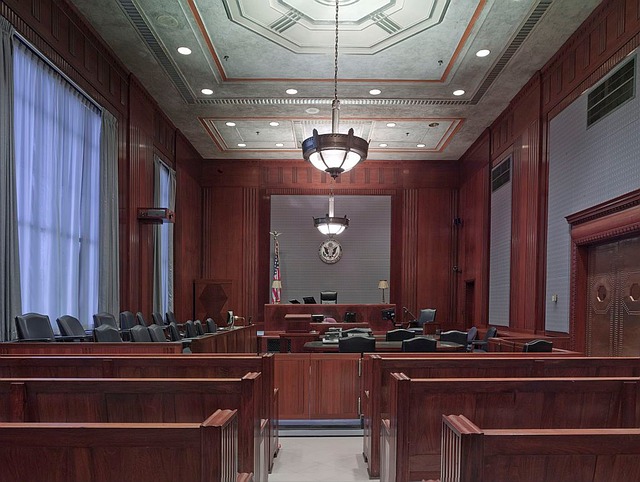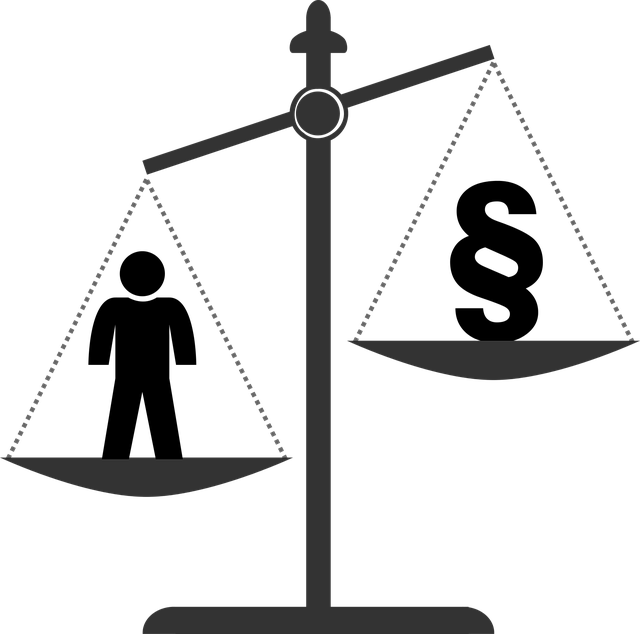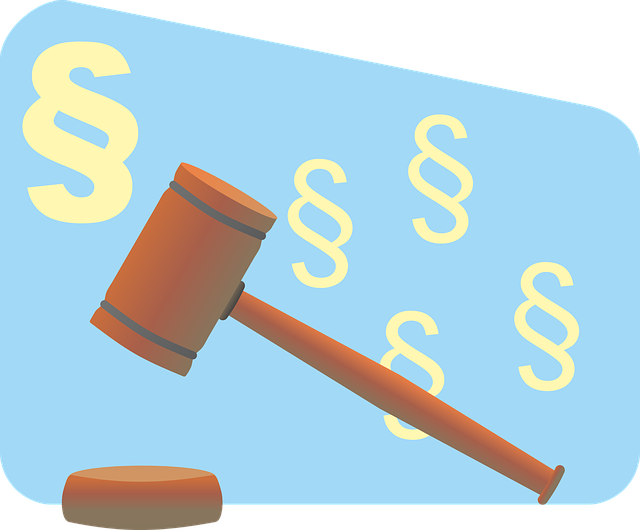After a contract breach involving mail wire fraud, immediate reporting to authorities and financial institutions is crucial for an investigation and accountability. Verify transaction records, cross-reference with official communications, and gather evidence. Enhance security measures like data encryption and employee training to prevent future incidents. Recognize deceptive tactics in unexpected messages demanding immediate action. Take swift legal action, review the contract, document evidence, and consult a legal professional. Implement robust security measures, internal controls, and staff training to reduce future breach risks.
Mail wire fraud, a sophisticated form of cybercrime, poses significant risks to businesses and individuals alike. This article demystifies mail wire fraud, exploring common scams and providing practical guides for recognition and prevention. Learn how to identify potential threats, respond swiftly with defined steps after a contract breach, and implement robust measures to safeguard your business from future frauds. Stay informed to protect yourself in today’s digital landscape.
- Understanding Mail Wire Fraud: Definition and Common Scams
- Recognizing the Signs: How to Identify a Potential Mail Wire Fraud Attempt
- Steps to Take Immediately After Discovering a Contract Breach
- Preventive Measures: Fortifying Your Business Against Future Mail Wire Frauds
Understanding Mail Wire Fraud: Definition and Common Scams

Mail Wire Fraud, a sophisticated form of financial deception, involves the unauthorized transfer of funds through deceptive means, often disguised as legitimate business transactions. This malicious practice has evolved to target individuals and businesses alike, preying on trust and exploiting vulnerabilities in digital communication systems. Common scams include phishing emails mimicking official correspondence, where criminals trick victims into revealing sensitive bank details or directing them to fake websites that mimic genuine ones.
Upon a contract breach involving mail wire fraud, there are critical steps to take. First, it’s crucial to report the incident to relevant authorities and financial institutions promptly. This initiates all stages of the investigative and enforcement process, ensuring accountability. Next, affected parties should verify transaction records meticulously, cross-referencing with official communications. By doing so, they can identify discrepancies and gather evidence for further action. Furthermore, businesses must enhance security measures, particularly in data encryption and employee training, to prevent similar incidents within their respective operations and protect the philanthropic and political communities from such malicious activities.
Recognizing the Signs: How to Identify a Potential Mail Wire Fraud Attempt

Recognizing a potential mail wire fraud attempt is crucial to safeguarding your finances and personal information. Scammers often use deceptive tactics to trick individuals into sending money or sharing sensitive data through fake email or postal communications. Look out for unexpected emails or letters claiming to be from a reputable organization, demanding immediate action and threatening severe consequences if you fail to respond. These messages may include urgent requests for wire transfers or prompt payment to avoid legal issues, which are common red flags.
If you suspect a mail wire fraud attempt, take swift action. The first step is to verify the legitimacy of the communication by contacting the organization directly through official channels. Never use contact information provided in the suspicious message. After confirming the breach, document all interactions related to the incident. Keep records of emails, letters, and any financial transactions involved. This documentation can be invaluable if you need to pursue legal action, ensuring you have a solid case for white-collar defense strategies and potentially achieving extraordinary results in jury trials.
Steps to Take Immediately After Discovering a Contract Breach

Upon discovering a contract breach, immediate action is crucial to mitigate potential losses and protect legal rights. The first step involves reviewing the contract thoroughly to confirm the violation and its severity. Document all evidence related to the breach, including communications, agreements, and any relevant records that support your claim.
Next, consider consulting with a legal professional experienced in contract law or general criminal defense. They can guide you through the appropriate response, whether it involves negotiating a resolution or taking legal action. Promptly initiating this process ensures that you are not only protecting your interests but also navigating all stages of the investigative and enforcement process effectively. Aiming for a complete dismissal of all charges is feasible with swift and thorough action, ensuring that justice is served while preserving your future opportunities.
Preventive Measures: Fortifying Your Business Against Future Mail Wire Frauds

After a mail wire fraud breach, it’s crucial to take immediate steps to fortify your business against future incidents. The first line of defense involves implementing robust security measures such as multi-factor authentication and encryption for all financial transactions. Regular staff training on fraud awareness and protocol is also essential; employees should be vigilant about scrutinizing transaction details and verifying requests through secure channels.
Additionally, establishing clear internal controls and protocols can significantly reduce the risk of future breaches. This includes implementing a thorough due diligence process for new clients, validating their identity, and cross-referencing with reputable databases. Keeping detailed records of all transactions, with audit trails that log who accessed what when, will aid in investigating any suspicious activities. An unprecedented track record of success in preventing high-stakes cases can be your business’s best defense against avoiding indictment.
Mail wire fraud remains a significant threat, but by understanding common scams and recognizing signs, businesses can protect themselves. Should a breach occur, it’s crucial to take immediate steps, such as contacting authorities and your bank, to mitigate potential losses. Additionally, implementing preventive measures like employee training, robust security protocols, and regular audits can significantly fortify defenses against future mail wire fraud attempts, ensuring the safety of your business and its financial integrity.






